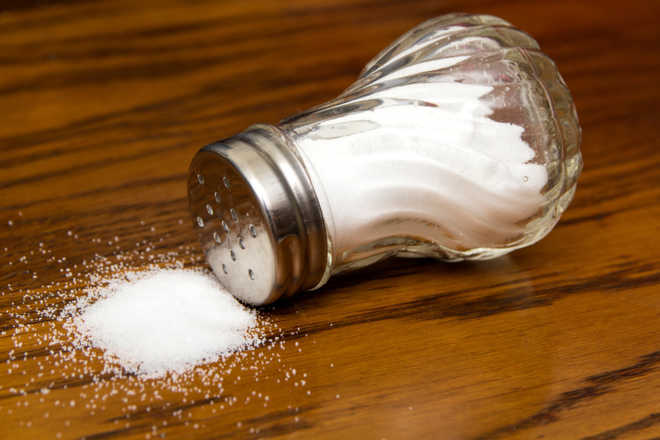Melbourne, November 15
Your brain may be wired to seek out salt, even if your body does not need it, according to a new study which may lead to development of drugs to suppress salt cravings and promote healthy eating.
The study by researchers at Florey Institute in Australia have identified exactly where in the brain the salt cravings originate, as well as the mechanism at play.
The findings could also lead to treatments for other addictions, particularly heroin, morphine and other opiate-based painkillers, which use the same pathways in the brain.
The body’s naturally-occurring opioids have long been known to be associated with the reward feeling generated from exercising, eating delicious food or making love.
However exactly where this “salt-seeking wiring” was located in the brain had remained a mystery.
Using a process of elimination, three different opioid blockers were used in mice which had been denied salt for two days. By day three, the mice were allowed to drink salty water, ‘stuff.co.nz’ reported.
In the first two cases, mice lapped up the water: drinking about five per cent of their body weight in an hour.
The third group, which had an opioid blocker called naloxonazine, drank significantly less water - just 2 per cent of their body weight.
According to neuroscientist Craig Smith, from the Florey and Deakin University, eating salt engages the opioid system in the central amygdala region: the same region where positive and negative emotions are processed. — PTI
Unlock Exclusive Insights with The Tribune Premium
Take your experience further with Premium access.
Thought-provoking Opinions, Expert Analysis, In-depth Insights and other Member Only Benefits
Already a Member? Sign In Now










